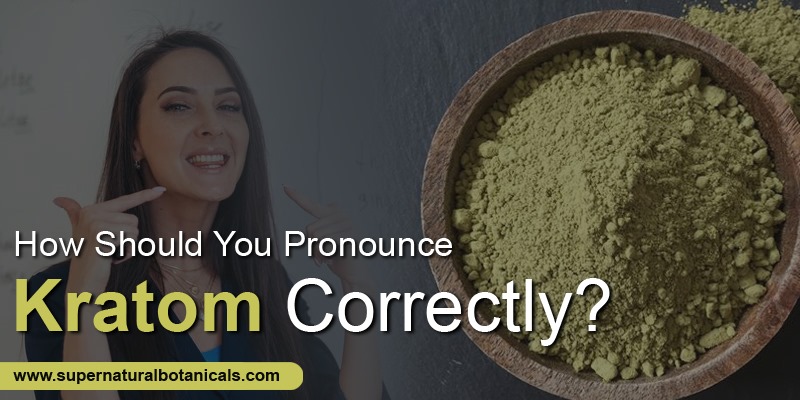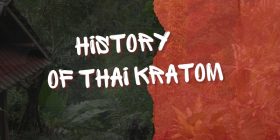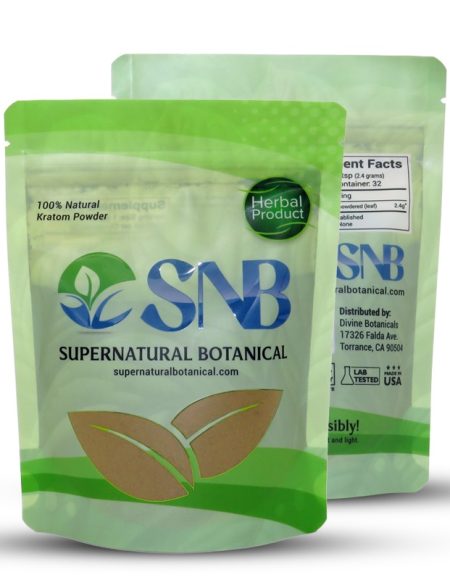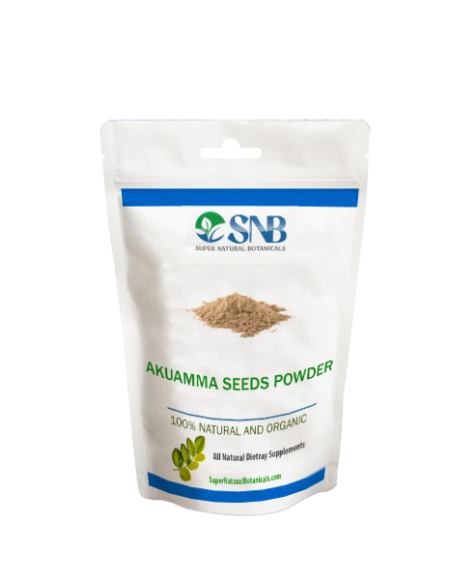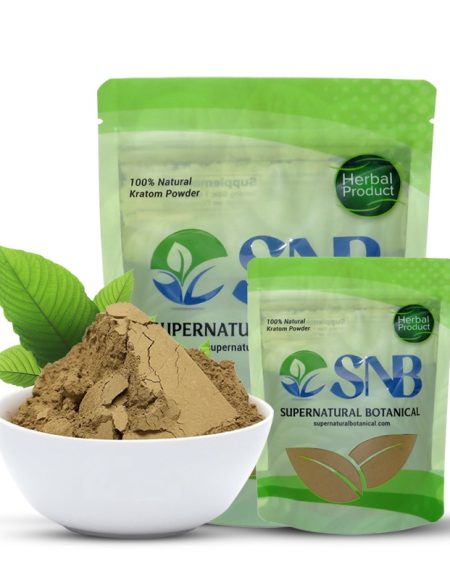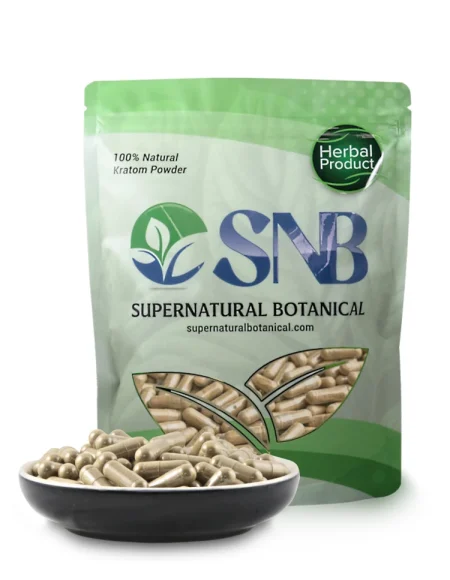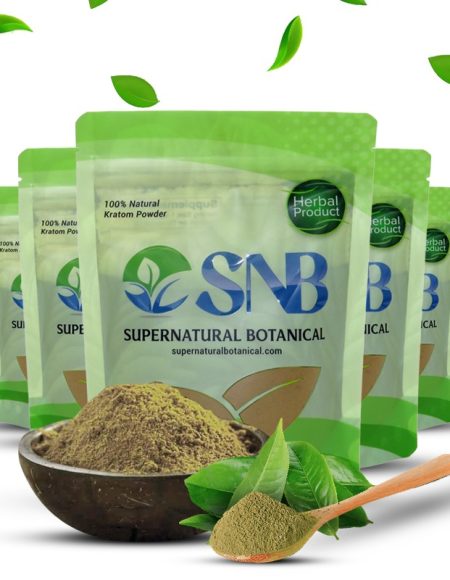Kratom, a highly controversial herb, and so is it’s pronunciation. If you are like me, you probably won’t say a word unless you know how to pronounce Kratom correctly. Kratom has many pronunciations, mostly because it doesn’t take origin from the English language.
So, to prevent you from moving to your introvert instincts when ordering your favorite Kratom strain and you zone out on how to pronounce Kratom and leave the place, here are some common ways of how Kratom is said out aloud.
Table of Contents

What Oxford University Press has to offer?
Lexico.com is a dictionary powered by Oxford University Press, and it has two pronunciations for Kratom.
- The first one is Kra-tum; it has two parts. The first is Kra, rhymes with the word at, and the second Tum rhymes with the word ton. Altogether, it sounds like the word atom.
- The second pronunciation listed is cray-tum. As the word Cray-Cray, this cray sounds like this, as in Crayon. Tum again is pronounced as Ton.
- A less commonly used sound is Kra-Tom.
These are some pronunciations listed in the Oxford University Press. However, they are for use in The U.S. and are not the original pronunciations as in the region of its origin.
Oxford Dictionary
Oxford Dictionary has two other ways of saying Kratom. These are almost the same as listed above with just rhymes that are a little different.
KRAT-um:
It is a widespread way of Pronouncing Kratom. When you say it, you might sound like saying the word Atom. The ”a” is short.
KRAY-tum:
As explained in the above listing ’Cray-tum,’ this pronunciation also sounds like this. It uses the long ”ay” sound rather than the short ’a’ sound as in the above sound.
Which One is Correct?
Kratom is not the only word that is controversial when it comes to saying out loud; many words in the Oxford Dictionary have more than one pronunciation. However, there is a more common way of saying words used more frequently than the other.
Almost all the pronunciations in the Oxford Press are in use.
The local U.S. Consumers believe that Krat-um is the correct way of saying it.
However, the associations that work and use the word on social platforms as in speeches and press prefer the sound ’Kray-tum.’ American Kratom Association is the largest Kratom association working on social media and represents the herb in front of the Government and the whole world uses ”Kray-Tum” as the pronunciation.
All of these are American pronunciations. Many believe that the original pronunciation is always the one in the region of Origin.
Pronunciations According to Native Countries
Kratom doesn’t originate from The U.S. or any other English speaking region. Kratom word derived from the areas of its production in the 1930s. The places that produce, harvest, and export the herb include the Southeast Asia regions like Thailand, Malaysia, and Indonesia.
Malaysian Accent
The Malaysians have a different way of saying Kratom.
The ’r’ in Kratom is silent, and it goes like Keatom or Key-tum. ’key’ sounds like key and tum as an atom. ’Kea’ or ’Kay’ when said sound like okay.
Malaysia is one of the largest exporters and has a specific strain known as Malay; it is trendy for its divine effects. So you can use the pronunciation when going for the Malay strains.
Indonesian Accent
When listening to the Indonesian people saying Kratom, you will find it fascinating. They take a very different sound as ”Kra-thom.” ’Kra’ is the same old sound as you like to say spa, but ’TH’ is what makes the difference. ’T’ is used with the sound of ’H.’
Thai Accent
Thailand is another production giant in the Kratom industry. They use the pronunciation ” Kruh-tome.” Kruh is the one they emphasize, and tome sounds like tone like the skin tone.
Which Native Pronunciation to Follow?
The word Kratom originated in Thailand, and if you want to speak by the law, you should always go for the pronunciation used in the region of Origin. So, Go for the Thai in this case.
The problem with the Malaysian accent is when you are in the States as the ”r” is silent in the Malay way of saying Kratom. This sound might confuse the local vendors in The States as the silent ’ r’ completely changes the word.
Scientific Name and its Pronunciation
What is a Scientific name? It is the biological name given to every living species on this planet. As humans are called Homo Sapiens in biology, Kratom is called Mitragyna Speciosa. Quite difficult? No, it’s not; you might have to say or listen to the scientific name in research, and you should know how to say it. Let’s look at its sounds.
- Mi-Tra-ginah
- Me-Tra-ginah
The sound of difference lies in ’mi’ and ’me.’ MI sounds more like ’I’ as it focuses more on it while ME well sounds like me. Both pronunciations are equally correct and commonly used.
Strain Pronunciations
Different strains of Kratom have different pronunciations, and some are quite difficult because of their different origins and native regions.
Maeng-Da sounds like Maeeeng-Duh, or Mong-Da, or Mung-Da.
Hulu-Kapuas another foreign word to the American world. Ho-loo Kah-poo-has is the correct pronunciation for this word. It sounds like a magic spell but not that difficult when you say it.
Bentuangie Kratom strain is also a commonly used strain but has a complicated and foreign origin. How do you say it? Ben-too-Angie, just remember your favorite Ben-10 from childhood, and it won’t be that difficult.
How do Consumers Pronounce Kratom?
Some people have chains of arguments that have different people expressing their views and different pronunciations from all over the World.
There are many other forums and threads worth reading to boost up your knowledge.
Conclusion
Kratom is a relatively less studied and experimented with herb, and so is it’s pronunciation. It is tough to say that one pronunciation is correct or not; the Oxford Dictionary has not given any specific accent, and hence there is no official way of saying Kratom. However, the above discussion explains native and common accents, and it is for you to decide which one is the best for you.


